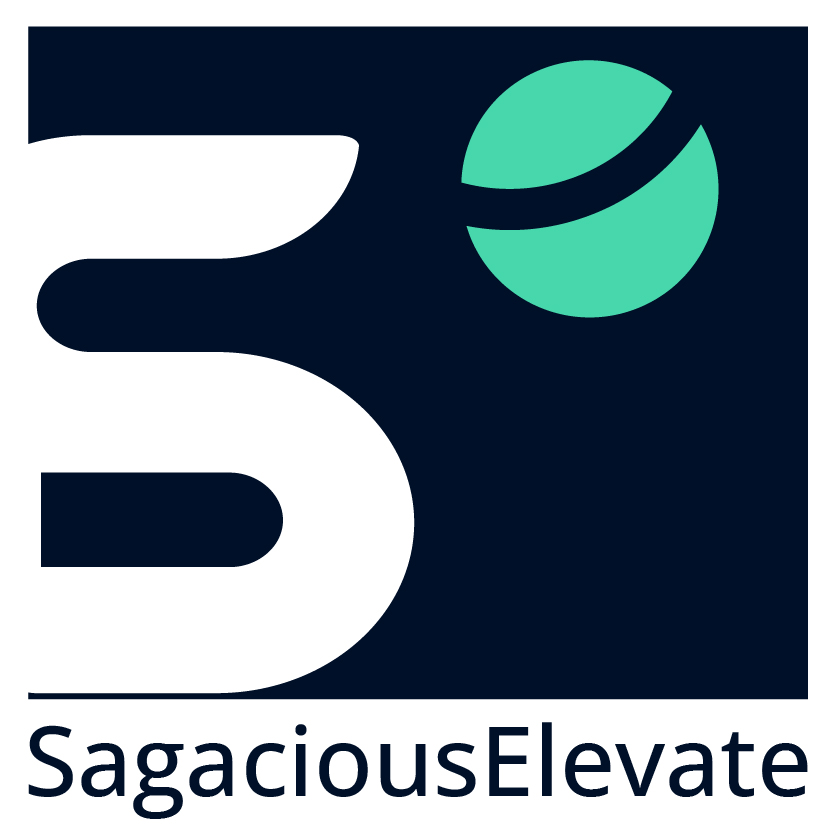Exploring The Connection B/w Intellectual Property & Crowdfunding
What is Crowdfunding?
An inventor may now review the market worth of his invention much before spending any money on its commercialization and securing IP protection for it, thanks to the concept of crowdfunding. It is a promising new way worth exploring to raise funds for both inventors looking to promote a new idea and for backers looking to support new ideas. There are many websites offering crowdfunding of projects and this business model is evolving quickly.
Some of the websites offering crowdfunding services are:
• Kickstarter.com
• Peerbackers.com
• Indiegogo.com
• RocketHub.com
• Equitynet.com
The process involves posting a project description on the internet and asking for pledges to complete the project. If the minimum amount of pledges is received by a certain deadline, the project is initiated or else abandoned. There are several success stories to tell, however, we would like to specifically enlist a few Kickstarter campaigns, the oldest crowdfunding platform that has raised $40M for 7,500 projects in 2 years time.
• The project for manufacturing TikTok watch band mount for iPod nanos needed a minimum of $15,000 to launch and crowdfunding raised $941,718.
• Then, +POOL project that began with the goal of cleaning the entire river not only filtered the water it but allowed New Yorkers to swim in clean river water for the first time in 100 years. The project raised $273,114 through Kickstarter to build a filtered, floating swimming pool in the middle of the river.
Pros of Crowdfunding:
Crowdfunding helps in evaluation of the market value of an invention and a product that will be produced using that. If a project finds investors, to a great extent it is confirmed that the idea/invention or the product is worth exploring and you also get the resources to initiate its production. The best part is that crowdfunding adds a new source of funds to your conventional sources of funds that include yourself, “friends and family”, and angel investors. It makes the “initial consumers” pay you the much needed funds that eventually become your guaranteed customer. They, in turn, get an exciting new product. If the funds aren’t raised, you have a valuable market feedback.Besides that, if crowdfunding is cautiously used, it makes your intellectual property especially your patents pay. You may form a successful startup company, raise investment capital and even earn licensing fees on your invention.
Cons of Crowdfunding:
The fundamental problem is that often individual artists, startups or small businesses who are involved in crowdfunding do not usually attend to business and legal standards. This casual approach is forms the core of all problems related to crowdfunding. Some of them neglect to pay taxes on contributed funds, others erroneously refer their project as a non-profit without fulfilling (or even applying for) that status through the Internal Revenue Service. Lastly, they may ignore securities laws or compliance with other regulations. Also, most crowdfunded projects, whether focused on arts or technology, involve intellectual property (patent, trademarks or copyrights) and public disclosure of intellectual property can have a significant effect on its legal status.
With Patents:
The America Invents Act has turned America to a “first to file” country and as such whoever files a patent first will have priority. If an entrepreneur disclosed a new technology on a crowdfunding website and someone else filed a patent application before the entrepreneur got around to it, the filer would own the invention. The entrepreneur could litigate ownership based on various legal theories, but the outcome would be much less certain.
With Trademarks:
Similarly, whoever files for a trademark first is presumed to have rights to that mark. A crowdfunded project that discloses a catchy new slogan for which a federal trademark application has not yet been filed is at significant risk of having someone else file an application for that trademark.
There also is the risk of ownership of ideas submitted by the public. Most crowdfunding websites permit members of the public to comment on projects that are later included into the project as recommendations. While some websites, including Indiegogo, specifically defines that the project creator owns rights to all submitted comments, other like Kickstarter does not define ownership, leaving the parties to negotiate or litigate an answer if a project becomes highly successful. Thus, a project creator who uses publicly submitted ideas faces the risk that a commenter will protest and create a public relations problem or even litigate ownership.
Terms of use for crowdfunding websites rarely mention in any detail the obligation requirements after funds are donated. So when large donors follow up to ensure that donated funds are well spent and feel deceived, there arises a possibility of a class action lawsuit.
A Word of Caution:
Prior to engaging in any crowdfunding project, make sure you read the contract, agreement or terms and conditions to familiarize yourself with all the obligations and requirements. Yet, protecting your novel and inventive idea while your project is posted for the all the world to see is also your own responsibility. So, file a provisional patent application i.e. an inexpensive way to make your invention “patent pending” for 12 months while you are raising money. If your project meets its goals, then you move on to “non-provisional patent application”. If not, then you’ve saved quite a bit of money in legal fees.
Our Services:
Patent Drafting Support | Fixed and Cost-effective Patent Searches | Patent Searches | Prior Art Search | Bio-Sequence Patents




